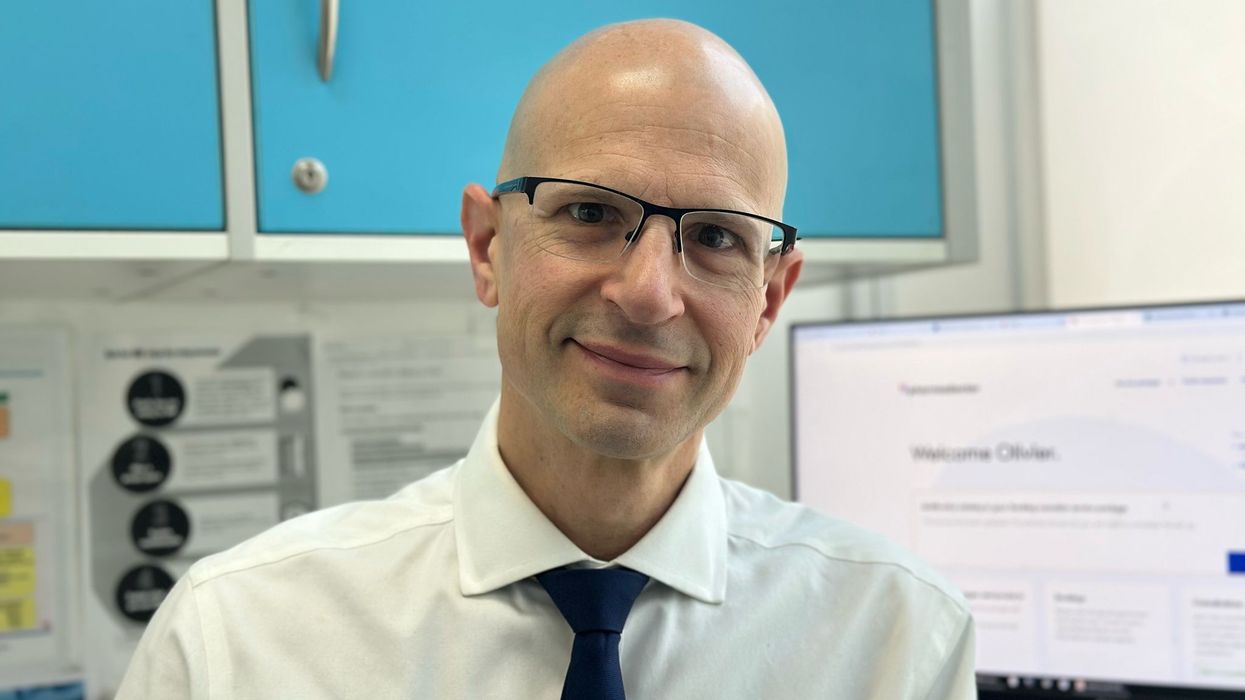The General Pharmaceutical Council (GPhC) has published its new initial education and training standards for pharmacists which will be gradually implemented from this year onwards.
The regulator believes the changes made to the 2011 standards will allow a new breed of pharmacists to play a much greater role in providing clinical care to patients from their first day on the register, including through prescribing medicines.
The new document reflects "a shift across Great Britain towards integrated health and social care" and recognises "a move for patient care to be delivered in the right setting at the right time".
"These new standards will enable pharmacists to better fulfil their roles as medicines experts and realise their potential as independent prescribers," said Gail Fleming, RPS director for education and professional development, responding to the changes.
“We are delighted that the standards reflect the same domains used in post-registration, which supports a structured and seamless approach to the development of a pharmacist’s career, from initial education and training through to consultant level practice," Fleming added.
The changes outlined in the standards also include improvements relating to equality, diversity and fairness "to combat discrimination and deal with health inequalities".
The GPhC hopes these standards will produce adaptable pharmacists who will be:
• confident about and capable of operating in multi-professional teams across a variety of healthcare settings to meet diverse and changing patient needs
• dedicated to person-centred care, both in person and through remote consultations. They will ensure the high-quality use of medicines that incorporates both safety and effectiveness alongside compassion and empathy, and
• proficient prescribers whose skills can be used to collaborate with and support the wider, complex healthcare systems across Great Britain and Northern Ireland.
The pharmacy regulator's new standards set out what knowledge, skills, understanding and professional behaviours a student or trainee pharmacist must demonstrate to pass their initial education and training and to join the professional register.
The standards ensure that newly registered pharmacists are competent enough to practise safely and effectively. Additionally, they also set out requirements for organisations providing initial education and training.
Fleming concluded: “It’s essential that the necessary additional funding is provided for these standards, so they can be implemented correctly. We look forward to continuing our work with the GPhC and other stakeholders to ensure that students can fully see how this will affect their learning over the coming years.”











